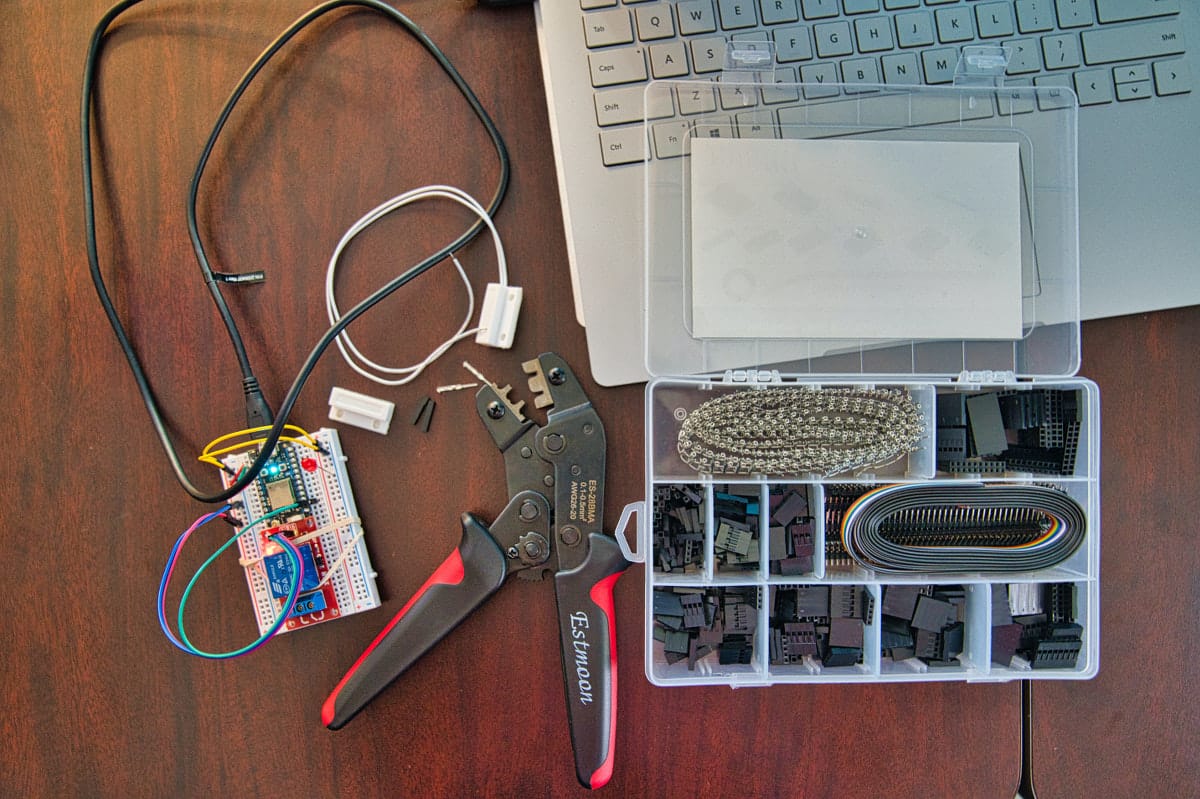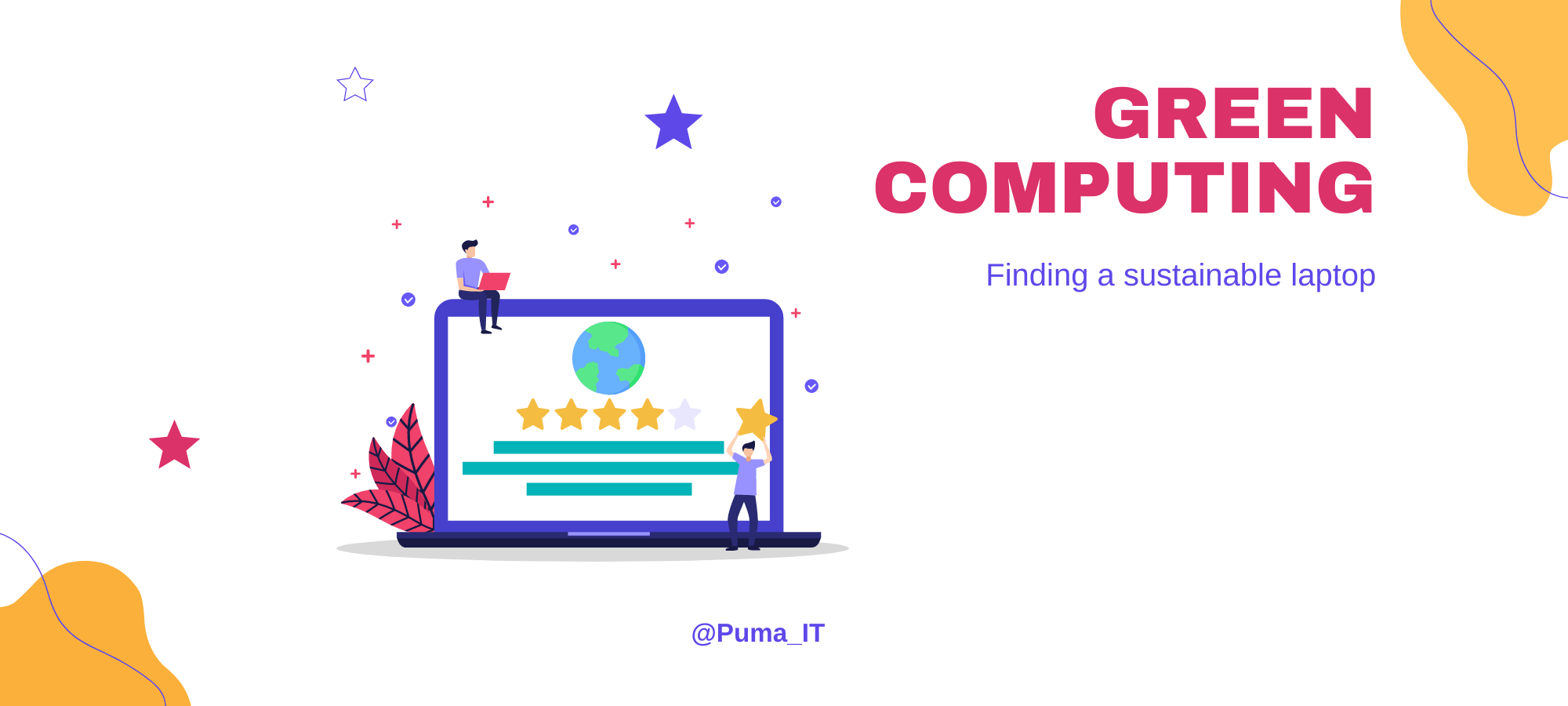This all started with a desire to get a repairable and sustainable computer, to replace my aging Macbook Pro. From now on, I stay away from any vendor lock-in. And I want to be able to change my laptop battery, to increase the RAM, and in general to reasonably perform important repairs.
Why not just buying a recent MacBook
Since 2012, most of the Macbook parts are welded, and it is nearly impossible to replace or repair them. Unless you consider the option to send it for a few days in a service centre, for the mere €450 for a new battery.
This shameful situation from Apple is upsetting, and completely anachronic with the climate crisis and environmental impact of electronic waste, where we should all recycle and save components by just repairing and replacing the faulty ones. Of course, I still think that my MBP Retina is a very powerful machine, and I am glad to still use it in her perfect condition. I wished I knew about this nearly impossible situation to replace parts, before my last purchase.
Now I need to get a new battery to use the machine decently as a laptop for a good few hours. And the limited 16 GB RAM makes it difficult to upgrade to the new mac OS, where Apple is suspected to “forget” the system optimisation for older hardware, like they did with the iPhone years ago, to push people to buy new hardware to keep their system updated and safe. [screenshots of battery usage with little utility software]
And honestly, I don’t understand why Macbooks are more and more expensive, on such an expanding and competitive market. Greed is not something I want to feed any more.
These, are the main reasons that pushed me to decide for another brand and manufacturer. Good bye Apple!
But second hand is a good option, too!
So what about finding a MBP refurbished or second hand? Anyone who already conducted serious researches on the local market and online, knows that it is quite challenging. And it is understandable: why would people sell a good Macbook if it is still performing well? I actually don’t think I will sell mine for the moment (just in case someone ask in the comments ;-).
Also, the battery and expansion issues (like the impossible RAM increase) are still there for more recent machines, second hand or not. So it is compromising again with this shameful practise, and pushing for later the main decision to not accept this any more.
However, I like the idea of buying second hand, for sustainable and ecological reasons: re-use something that it is actually not used, and still in good condition. This is actually what I did in December 2019 with my smartphone: I already left my aging iPhone 5c, for a second hand OnePlus 5. I am delighted with this!
So I could apply this idea for a second hand PC as well. I strongly suggested to my wife to go this way last winter, and that was a good choice for her. Especially with a good local vendor that offers maintenance services and where you can to get help and support. Well done Lapteck Galway!
 A laptop, a wire crimper, jump wires and some replacement parts - Photo by Clint Patterson on Unsplash
A laptop, a wire crimper, jump wires and some replacement parts - Photo by Clint Patterson on Unsplash
Why not just switching from mac OS to another operating system like Linux or Windows?
For every one who knows my passion for Free and Open Source Software, Windows and Microsoft are certainly not an option. I am not leaving a GAFAM for another one, it doesn’t make sense, and I have ethical reasons to prefer Linux!
Also, I have very practical reasons: I have little experience with Windows PC, but I’ve been using the Mac Terminal, CLI and SSH with websites, web applications and servers, mainly under Linux distributions. Mac OS X since its infancy back in 1999 does share a lot of code with FreeBSD. So my learning curve, if any, would be much easier from Mac to Linux, than from Mac to Windows.
Finally, I will switch to Linux for a desktop/laptop usage, not from a server point of view. Many resources and tutorials are available on the web, with 77.4% of the internet servers running on Linux and free software. But for a user oriented, general office work, and of course web design and development services], resources are not yet mainstream: Linux has about 2% of the Desktop/Laptop market share.
What about existing Mac software?
For me, this not a problem at all, because I don’t use any proprietary software for a long time. So I’m sure for every day tasks, they will run even faster on Linux: Firefox, Thunderbird, LibreOffice... Sorry, one exception: my beloved and powerful IDE PhpStorm from JetBrains. And their team in Prague are so good, that I am happy to renew my subscription every year!
I do use some Apple software, like Calendar, Address book, Preview (PDF reader), but they all use open standards, so the change would be mostly on the look and feel side of things. Like the rest of the operating system actually.
I leave these interesting discussions and topics for other posts:
- Linux distros or GUI (Graphic User Interface), user friendly and with a nice look and feel, where mac OS is good at, and as a good reputation. And also to flatten the learning curve when switching from Mac.
- Some alternative software to iTunes, for Music library, podcast, video sharing at home...
 Working outdoors on computer laptop - Photo by Damir Spanic on Unsplash
Working outdoors on computer laptop - Photo by Damir Spanic on Unsplash
I am going for sustainable and ethical laptop manufacturers
These computers should ideally be made and assembled locally, in Ireland, United Kingdom, France, or at least close enough for me, in Northwest Europe.
Also, I still like my strategy of buying a powerful machine, that is supposed to last. I consider it as a long term investment, and because it is the main tool for my business, the comfort principle is important (and another link here). I already applied it last winter for my office @ home (maybe another interesting post to come).
And I wish to push the hardware until it is really not good enough for my day to day job. Increasing resources, like RAM, video card/GPU, storage, are still a good way to increase a laptop lifespan. Like it was back in the days when the main machine was a desktop or a tower unit. So I really have no reason to choose a cheap machine with low performances from the start. Please note that I choose Apple computers, in the late 90’ and 2000’s, first desktops and later laptops, exactly because they were performing well in the mid to high range of the market.
Finally, it seems that vendors offering “made to order” laptops, or a certain level of customisation, for storage, RAM, CPU, is the right choice for me. So let’s get deeper into what is available on the market now.
This list is a work in progress, and is not exhaustive. Well, not yet, I think it will be nice to have a directory of these companies, who really make a difference for people, and a positive impact for the environment. If someone is interested in building this directory, please get in touch! Most of the businesses here are small companies, and they may lack the global visibility and the marketing power, that well established brands have now for decades. So my humble contribution may, hopefully, motivate them to get better known. Every little helps!
Here are my findings so far:
Why computing
Portable why! Iris NV41MZ-i7 14''
VeryPC
Resources
I found very good information in the excellent Ethical Consumer magazine:
Laptops
In this ethical shopping guide, we investigate, score and rank the ethical and environmental records of 18 laptop brands.
Over to you, where would you buy your laptop and which model? Feel free to share why, and if you have done a similar purchase already, please share your experience!


